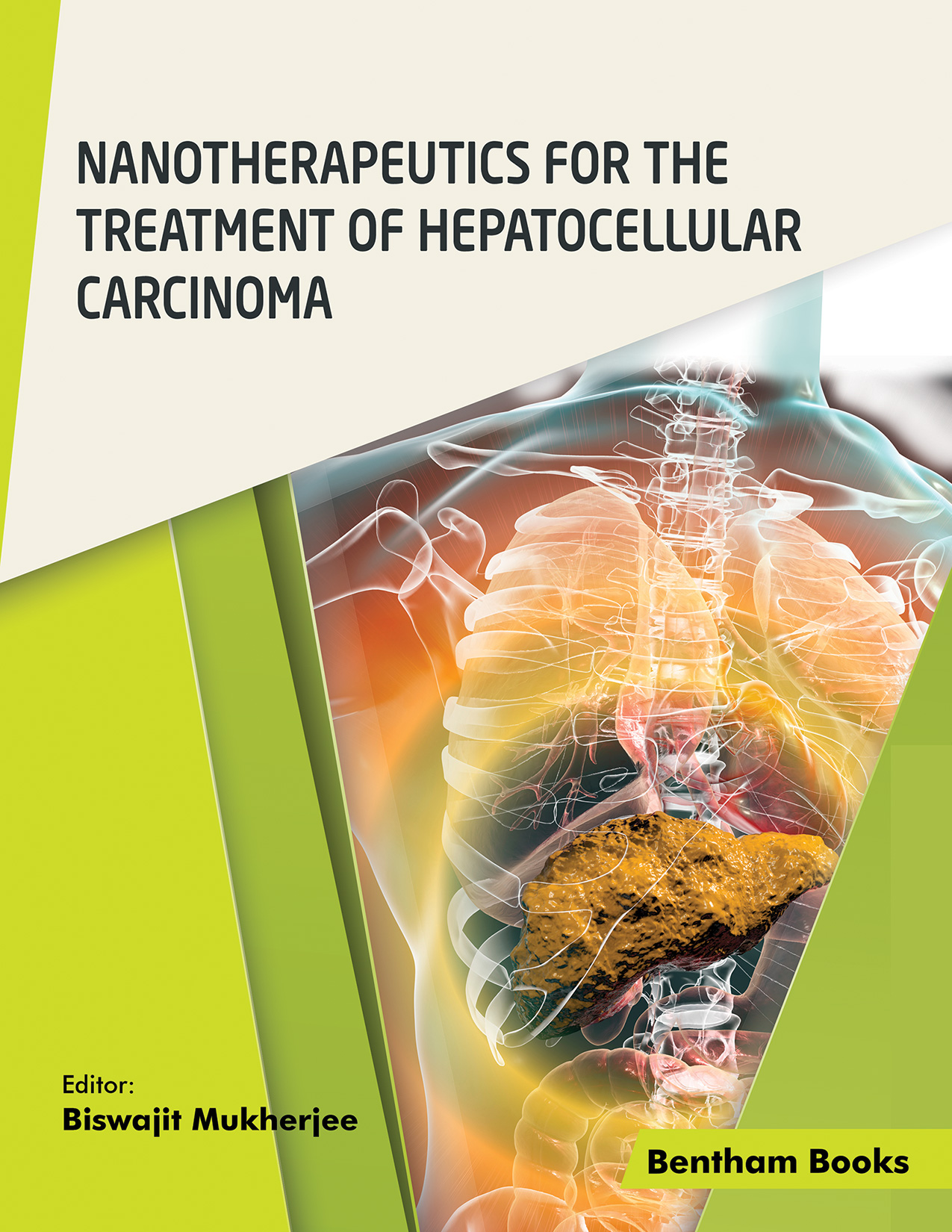Introduction
Hepatocellular carcinoma (HCC) is a leading cause of death globally. Conventional chemotherapeutic agents are unable to penetrate cancerous hepatocytes completely and are toxic to non cancerous cells and tissues. This toxicity significantly compromises the therapeutic outcome of conventional chemotherapeutic agents which is also reflected in the high mortality of the disease. Nanotherapeutics have shed new light onto HCC treatment by enabling site-specific in vivo delivery of chemotherapeutics specifically to neoplastic hepatocytes without affecting normal hepatocytes. Thus, nanotherapeutics have shown considerable potential and there is tremendous impetus for rapid translation from the pre-clinical to the clinical domain to significantly prolong the survival in HCC.
In Nanotherapeutics for the Treatment of Hepatocellular Carcinoma, authoritative experts of the field have explored the important aspects of nanotherapeutics against HCC. The book exhaustively, vividly and explicitly describes the molecular pathogenesis, diagnostic aspects and nanotherapy of HCC, while also highlighting the challenges of conventional therapy and the benefits of nanotherapeutics. Chapters of the book also cover recent investigations of nanotherapeutics against HCC, types of nanomedicines, recent patents, commercially available nanotherapeutics and a future perspective to give a comprehensive review of the topic to readers. In addition to these defining features, the book provides several references for further reading. The book is an ideal resource on HCC nanotherapeutics for medical and pharmacology postgraduate students, faculties, researchers, and biomedical scientists working on HCC and nanotherapy.
Audience: Medical oncologists, pharmacologists, liver oncology specialists, researchers in pharmaceutical R&D and medicinal chemistry, postgraduates and scientific faculty members.

